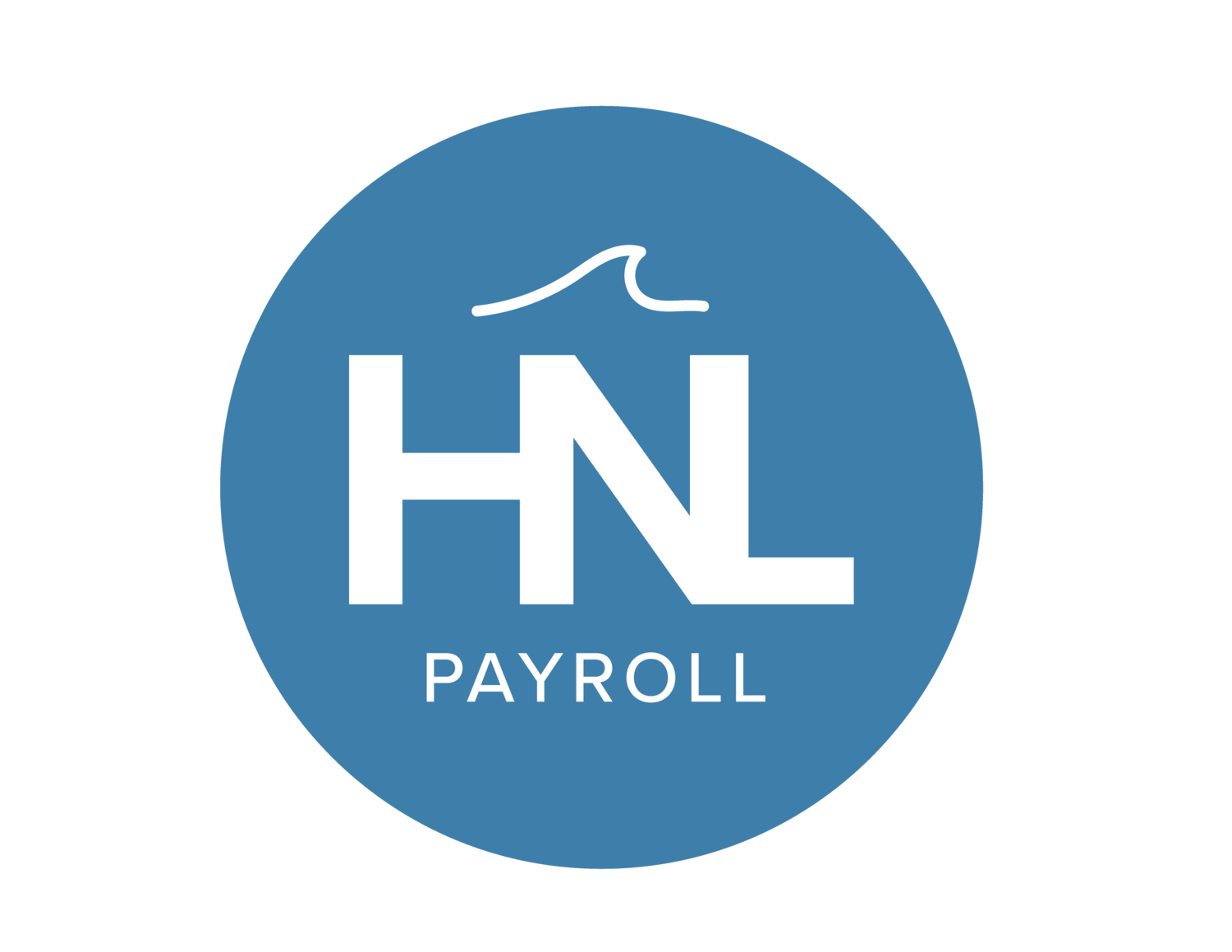Steering Through Financial Storms: Strategies for Business Stability
Owning a business is deeply rewarding, yet it brings financial hurdles that can impact success. Effective financial management helps ensure your enterprise survives and thrives in a competitive market. This Honolulu Payroll guide outlines actionable strategies to help you understand and manage your finances, keeping your business robust and financially sound.
Learn Financial Management Basics
Understanding the basics of financial management is vital for any business owner. Dedicate time to learn critical financial concepts and practices; this knowledge empowers you to make better financial decisions and understand the economic implications of your actions. Resources such as online courses, books, and workshops can provide a solid foundation in financial management. By investing time in your financial education, you will become more confident and competent in managing your business’s finances, ultimately contributing to its success.
Enhance Your Skills with Accounting Courses
Enhancing your comfort with numbers can be as straightforward as enrolling in accounting courses. Many educational institutions offer affordable classes that can significantly boost your proficiency in managing books, so evaluating an online accounting degree may be in your best interest. With courses focused on financial statement analysis, cash flow management, and strategic financial decision-making, you'll soon find yourself handling your business finances with greater confidence and skill. Improving your accounting skills will make you more adept at navigating the financial aspects of your business.
Embrace User-Friendly Accounting Software
Managing your business finances begins with accurate tracking. Investing in user-friendly accounting software can streamline this process; these tools help you keep tabs on income and expenses, providing real-time insights into your financial health. Automating invoicing and expense tracking can save time and reduce errors. This investment simplifies your financial management and provides peace of mind knowing your records are organized and up-to-date.
Utilize a Dedicated Business Bank Account
Separating your business and personal finances is crucial for clarity and simplicity. Open a business bank account and use it exclusively for business transactions. This separation makes tracking your business’s financial performance easier and simplifies tax preparation. A dedicated business account helps avoid confusion and ensures you have a clear picture of your business’s income and expenses, which is essential for making informed financial decisions.
Seek Professional Financial Advice
Even if it’s just for a quarterly review, getting professional advice can ensure you're on the right track and help you understand complex financial matters. They can provide valuable insights into your business’s economic health and offer guidance on improving your financial practices. They can help you identify potential issues before they become major problems and provide strategies for growth and stability.
Master Key Financial Ratios
Understanding vital financial ratios is essential for assessing your business’s financial health. Learn critical ratios like the current (liquidity) and debt-to-equity ratio (solvency). These ratios provide quick insights into your business’s economic stability and performance. The current ratio helps you understand your ability to meet short-term obligations, while the debt-to-equity ratio indicates your reliance on debt financing.
Regularly Review Financial Statements
Even if you're not a finance expert, regularly checking your balance sheet, income statement, and cash flow statement is crucial. These documents provide a comprehensive overview of your business’s financial performance. Reviewing them regularly helps you spot trends, identify issues, and make proactive adjustments. Understanding these statements lets you assess your business’s profitability, liquidity, and overall financial health.
Allocate Funds for Taxes
Setting aside a portion of each sale for taxes is a proactive step to avoid large, unexpected tax bills. Consider using a separate savings account for this purpose. This practice ensures you always have funds to meet your tax obligations, reducing stress and financial strain. This disciplined approach to tax management helps you stay compliant and financially prepared.
Wrapping Up
Managing your business’s finances effectively is critical for success. You can confidently navigate financial challenges by embracing user-friendly accounting software, utilizing a dedicated business bank account, learning financial management basics, seeking professional advice, mastering critical financial ratios, enhancing your accounting skills, regularly reviewing financial statements, and allocating funds for taxes. These practical tips provide a solid foundation for maintaining financial health and ensuring your business’s long-term success.
For a cost-effective payroll solution to meet your business’s needs, contact Honolulu Payroll today!

